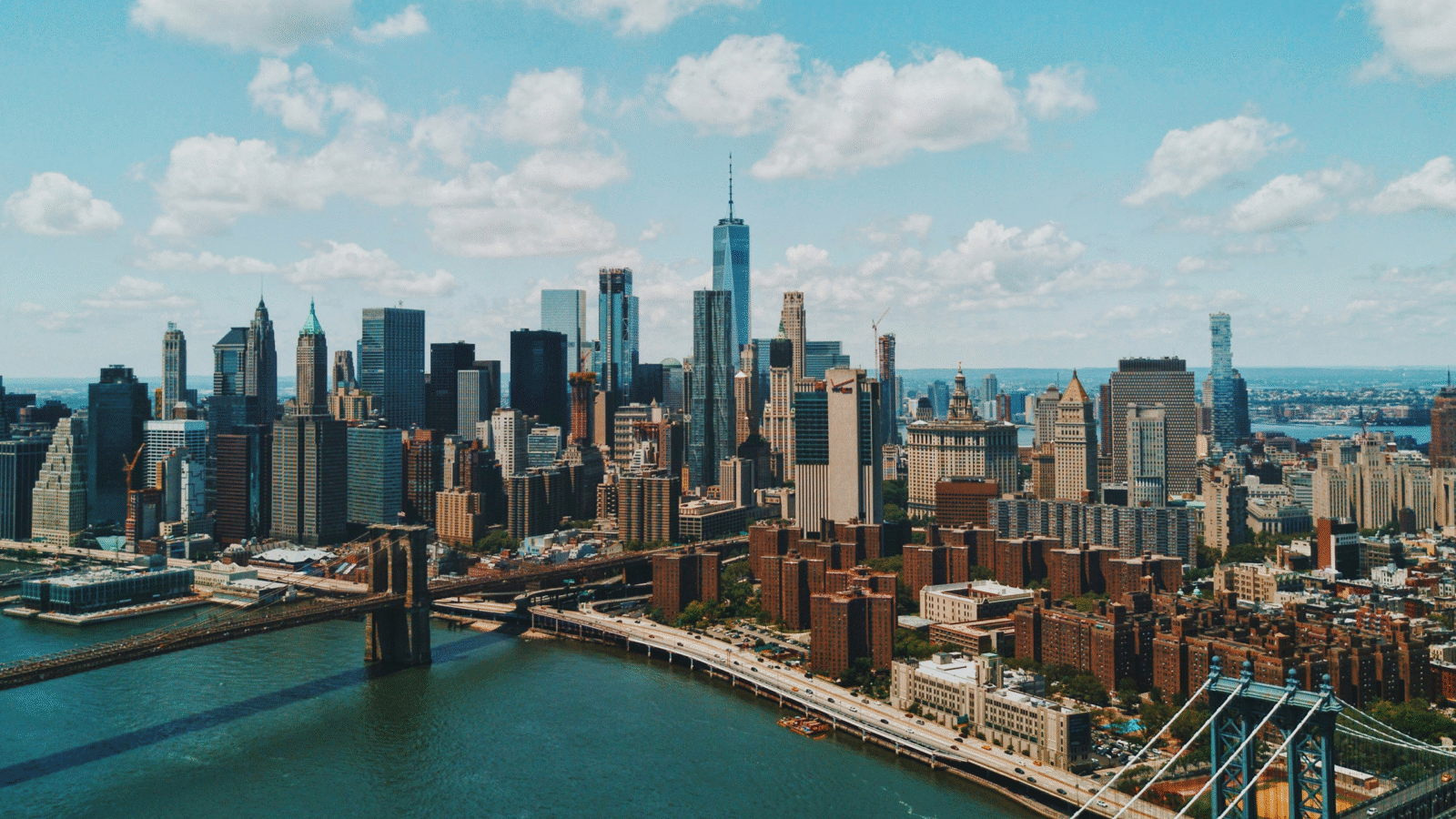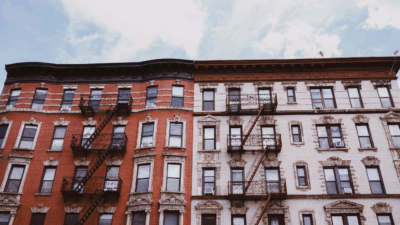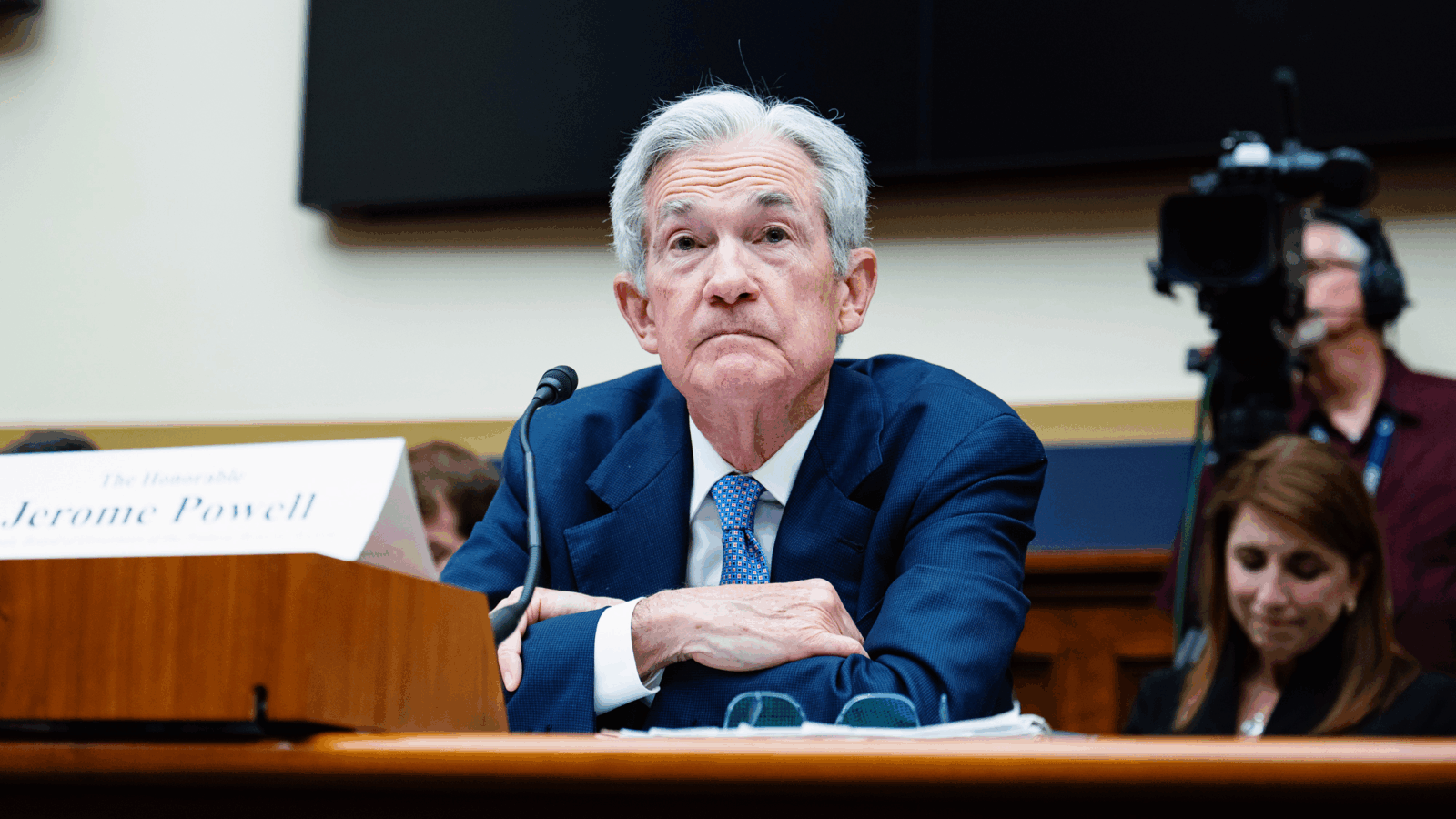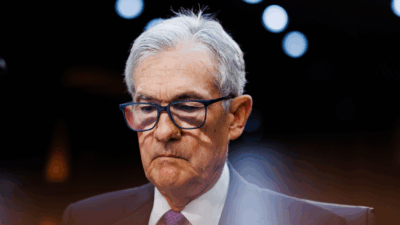Election Day is a Major Distraction. The Economy Will Feel the Hit.
Distractions from Election Day mania are expected to be so extreme, it may cost the American economy billions of dollars per hour.
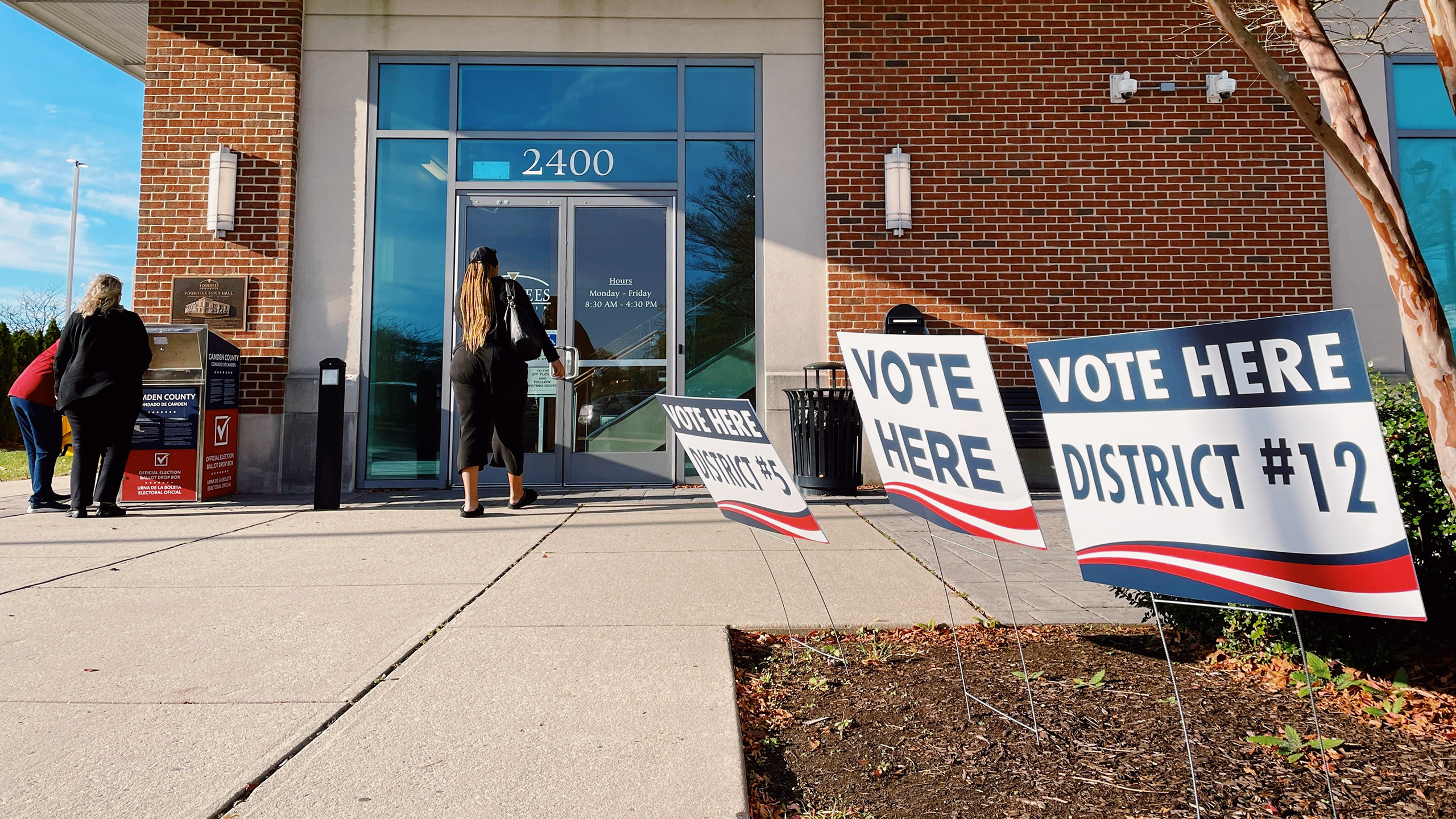
Sign up for smart news, insights, and analysis on the biggest financial stories of the day.
Can’t stay off your social media feeds or tune out cable news? You’re not just potentially harming your own mental health — you’re hurting the economy, too.
In fact, distractions from Election Day mania — including, of course, time spent away from work to cast a ballot — are expected to be so extreme, they may cost the American economy billions of dollars per hour this year. In other words, this election is creating winners and losers before we even know the results.
One-Two Punch
Unlike most developed democracies, the US holds its national elections on a workday. That means the journey of voting, doomscrolling, and then suffering/overcoming anxiety attacks all happens on company time. Twenty-eight different states require that employers give employees time to vote; a recent survey of human resources professionals from executive coaching firm Challenger, Gray & Christmas found that 60% of companies already allow workers to take time to vote with no penalty. In Detroit, United Auto Workers and the Big Three car manufacturers that employ them agreed in their latest contract to make Election Day a holiday. In short: Civic responsibility comes with the trade-off of economic drain.
On the flip side, the election is fraying the nerves of the electorate, with nearly 70% of US adults calling it a significant source of stress, according to a recent report by the American Psychological Association. The state of high political anxiety has at least briefly resulted in low spending among consumers:
- According to a recent Ipsos poll of roughly 1,000 US adults, 47% said election stress is causing them to spend less and save more (the other 53% presumably factored Election Day binge-eating into their counter-response). From Marriott to Target, consumer-facing businesses have spent this past earnings season warning of an election week slowdown.
- Meanwhile, the scale of an Election Day productivity slowdown could be staggering. An analysis by Challenger, Gray & Christmas estimates that productivity losses could reach $3.5 billion per hour (the firm previously estimated that distracted sports fans drained the economy of $2.1 billion through March Madness this year).
All Eyes on Them: The political unease has been a boon for some but not all in medialand. In an earnings call Monday, Fox Corp. credited a surge in political campaign advertising for helping push its revenue beyond Wall Street’s expectations and boost its profits — $832 million in the quarter — to double what they were a year ago. Meanwhile, BIA Advisory Services estimates an eye-watering $11.7 billion will be spent on local political advertising, a massive windfall for local TV stations. Doing less well: The New York Times, which reported a slowdown in digital subscriber growth in its earnings report Monday, sparking a 7% share price skid. Tomorrow’s Wordle: GLOOM.
